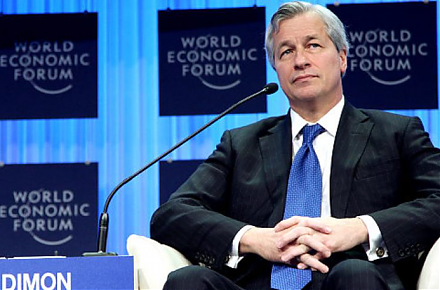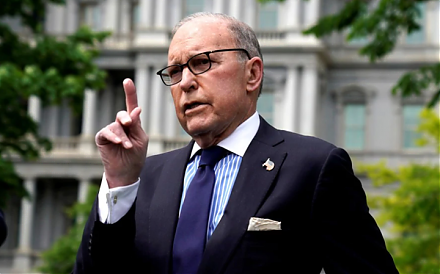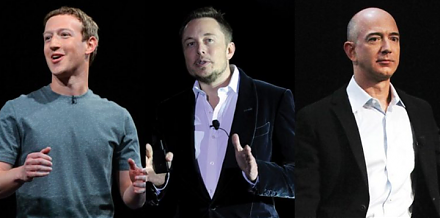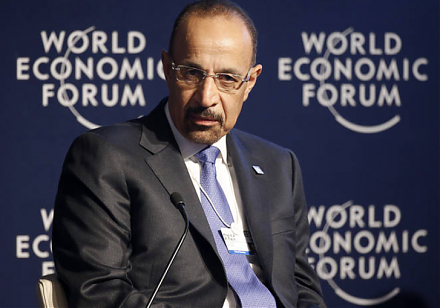

2019-08-04 08:26:00 Sun ET
technology antitrust competition bilateral trade free trade fair trade trade agreement trade surplus trade deficit multilateralism neoliberalism world trade organization regulation public utility current account compliance
U.S. and Chinese trade negotiators hold constructive phone talks after Presidents Trump and Xi exchange reconciliatory gestures at the G20 summit in Japan. Both presidents agree to an interim trade truce with 25% tariffs on $200+ billion Chinese imports (but no further tariffs on the other $325 billion Chinese goods). U.S. trade envoy Robert Lighthizer and Treasury Secretary Steven Mnuchin reconnect with Chinese Vice Premier Liu He and Commerce Minister Zhong Shan in their current effort to resolve relentless Sino-American trade disputes.
Both sides agree to resume constructive discussions to ease fears of further trade war escalation after an awkward hiatus in mid-2019. Bilateral trade talks continue even though the Trump team accuses Chinese trade technocrats of reneging on their prior commitments to a major landmark deal. U.S. trade reps emphasize the essential need for China to institute legal changes in the current unique system of state capitalism, whereas, Chinese trade reps refrain from engaging in prohibitively costly U.S. agribusiness export procurement and intellectual property protection and enforcement under Section 301 of the U.S. Trade Act 1974. At any rate, both trade teams attempt to reframe the current bilateral trade conflict before it becomes an unnecessary tech cold war.
If any of our AYA Analytica financial health memos (FHM), blog posts, ebooks, newsletters, and notifications etc, or any other form of online content curation, involves potential copyright concerns, please feel free to contact us at service@ayafintech.network so that we can remove relevant content in response to any such request within a reasonable time frame.
2017-02-13 09:35:00 Monday ET

JPMorgan Chase CEO Jamie Dimon says President Trump has now awaken the *animal spirits* in the U.S. stock market. The key phrase, animal spirits, is the
2020-03-12 09:32:00 Thursday ET

Google CEO Eric Schmidt and his co-authors show the innovative corporate culture and mission of the Internet search tech titan. Eric Schmidt, Jonathan Ro
2019-08-04 08:26:00 Sunday ET

U.S. and Chinese trade negotiators hold constructive phone talks after Presidents Trump and Xi exchange reconciliatory gestures at the G20 summit in Japan.
2025-08-09 11:31:00 Saturday ET

Wharton e-commerce entrepreneurship professor Dr Karl Ulrich explains that many top-notch universities now provide massive open online courses (MOOCs) for m
2018-03-29 14:28:00 Thursday ET

Share prices tumble for technology stocks due to Trump's criticism of Amazon's tax avoidance, Facebook user data breach of trust, and Tesla autopilo
2018-05-11 09:37:00 Friday ET

OPEC countries have cut the global glut of oil production in recent years while the resultant oil price has surged from $30 to $78 per barrel from 2015 to 2